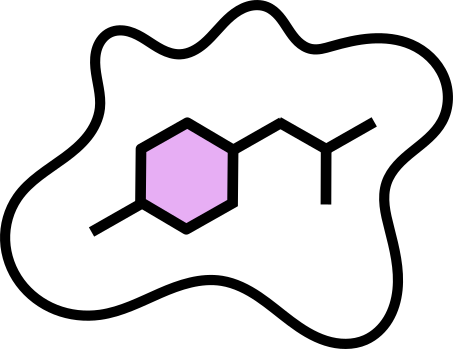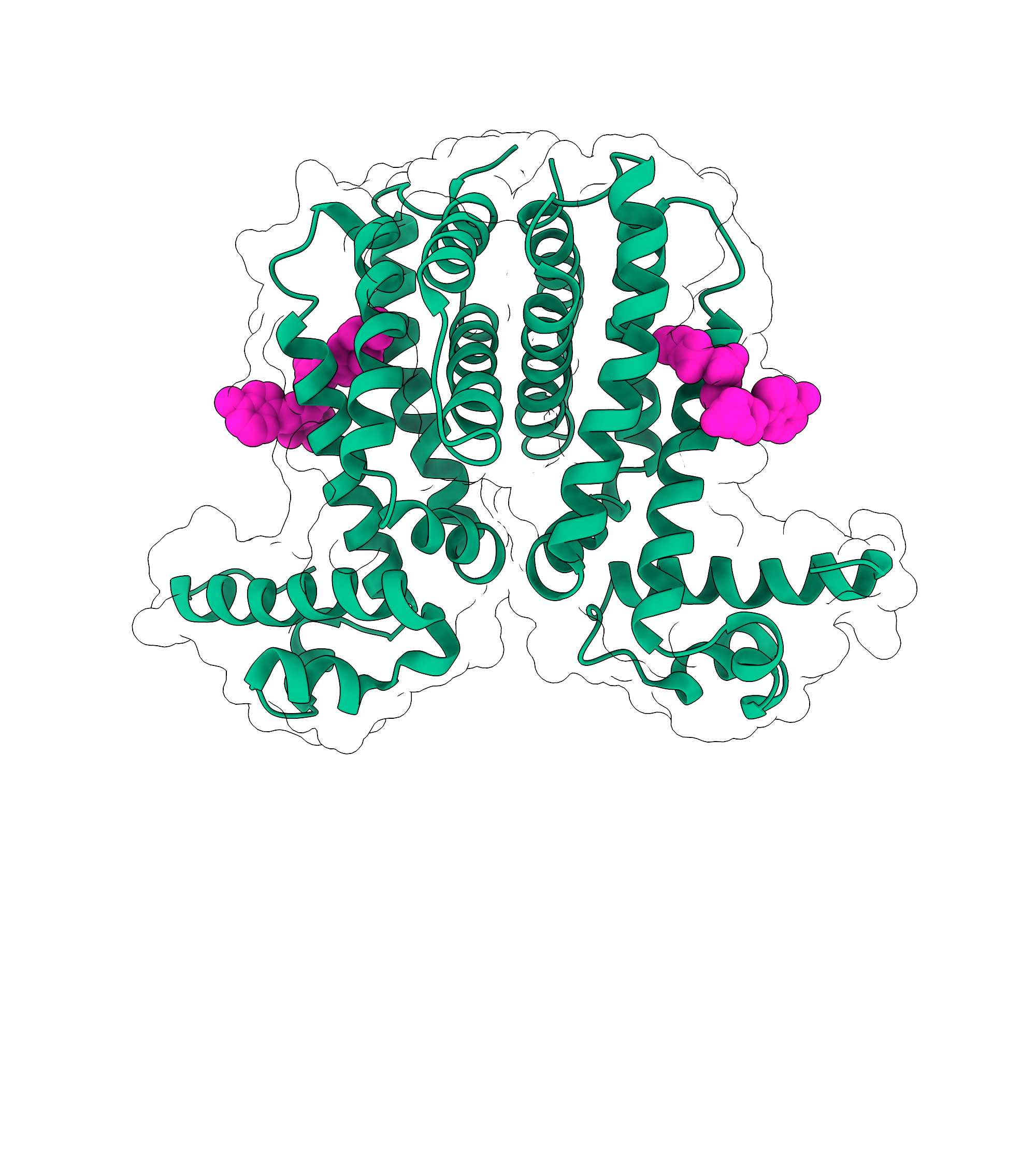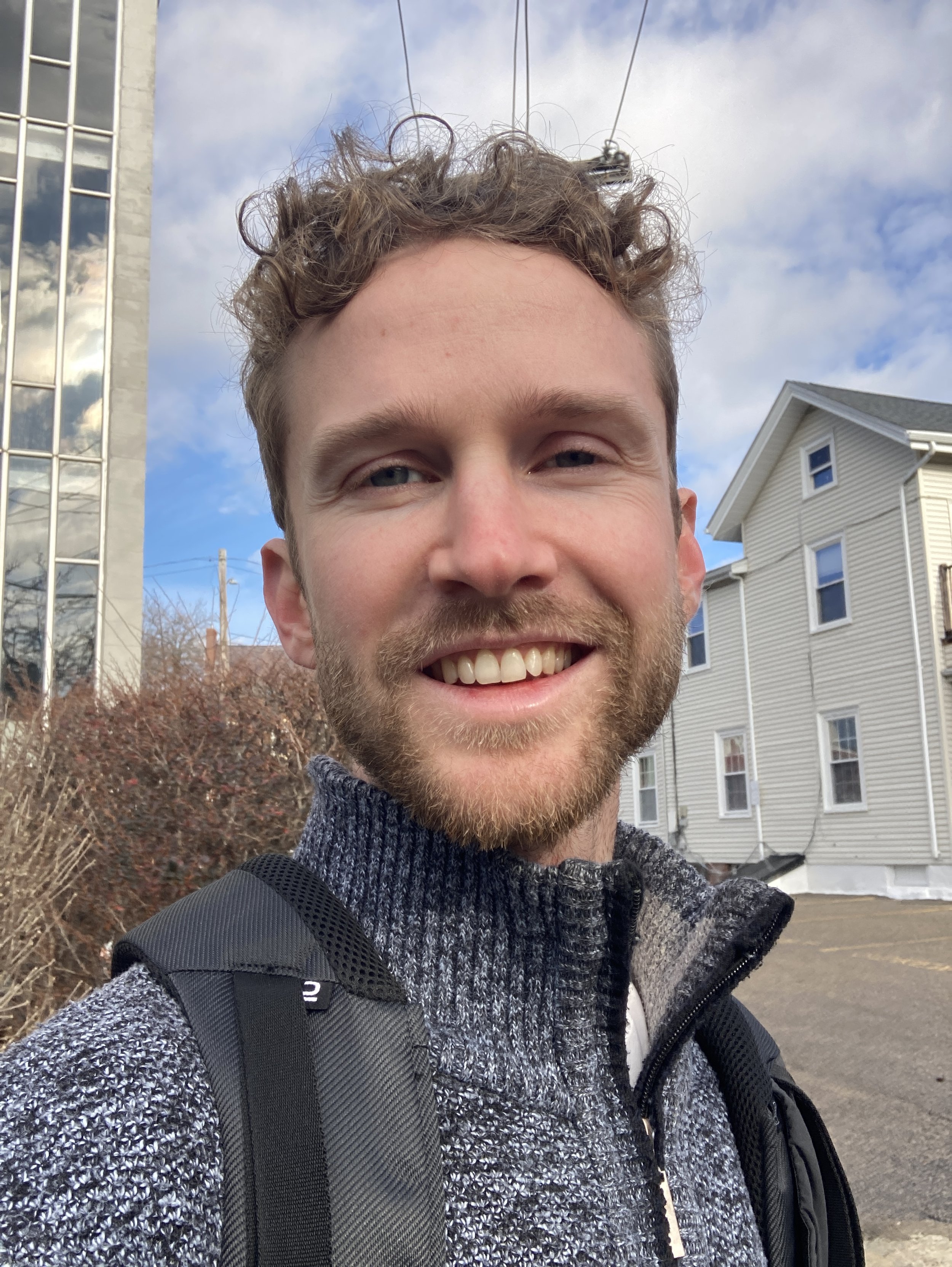Biosensor seminar series
A monthly seminar series where scientists around the world share their research related to genetically-encoded small molecule sensors.
About
How do microbes respond to chemical cues, and can we engineer these sensors for practical applications? Research on gentically-encoded biosensors has exploded in the past two decades, and we continue to discover new mechanisms (and invent new applications) for these sensors.
This seminar series intends to nucleate a community of scientists unearthing and repurposing nature’s chemical sensors.
Mission statement:
Bring together a community of scientists and bioengineers building genetically-encoded sensors to (1) share research findings (emphasizing early career research), (2) facilitate collaboration and discussion, and (3) teach fundamental and novel concepts to researchers in this growing field.
SEMINAR SERIES FAQs
-
1st Wednesday of each month
Start time is 9am, 12pm, 2am, 4pm (Pacific, Eastern, Australia East, UTC)
Our inaugral seminar will be March 5th, 2025
Our seminars are ~30 minutes long and are free and open to the public.
-
Anyone can present, but we highlight early career scientists: Senior graduate students, postdocs, early faculty
-
~30 minute long virtual meetings on Zoom
Each month, one presenter discusses their work in a 20-minute talk, followed by a Q&A session.
-
Our meetings are over Zoom and anyone is welcome to attend.
-
If speakers consent, the recordings will be publicly available on our affiliate YouTube Channel
Speakers can also link their talks to preprints
Past seminars
-
December
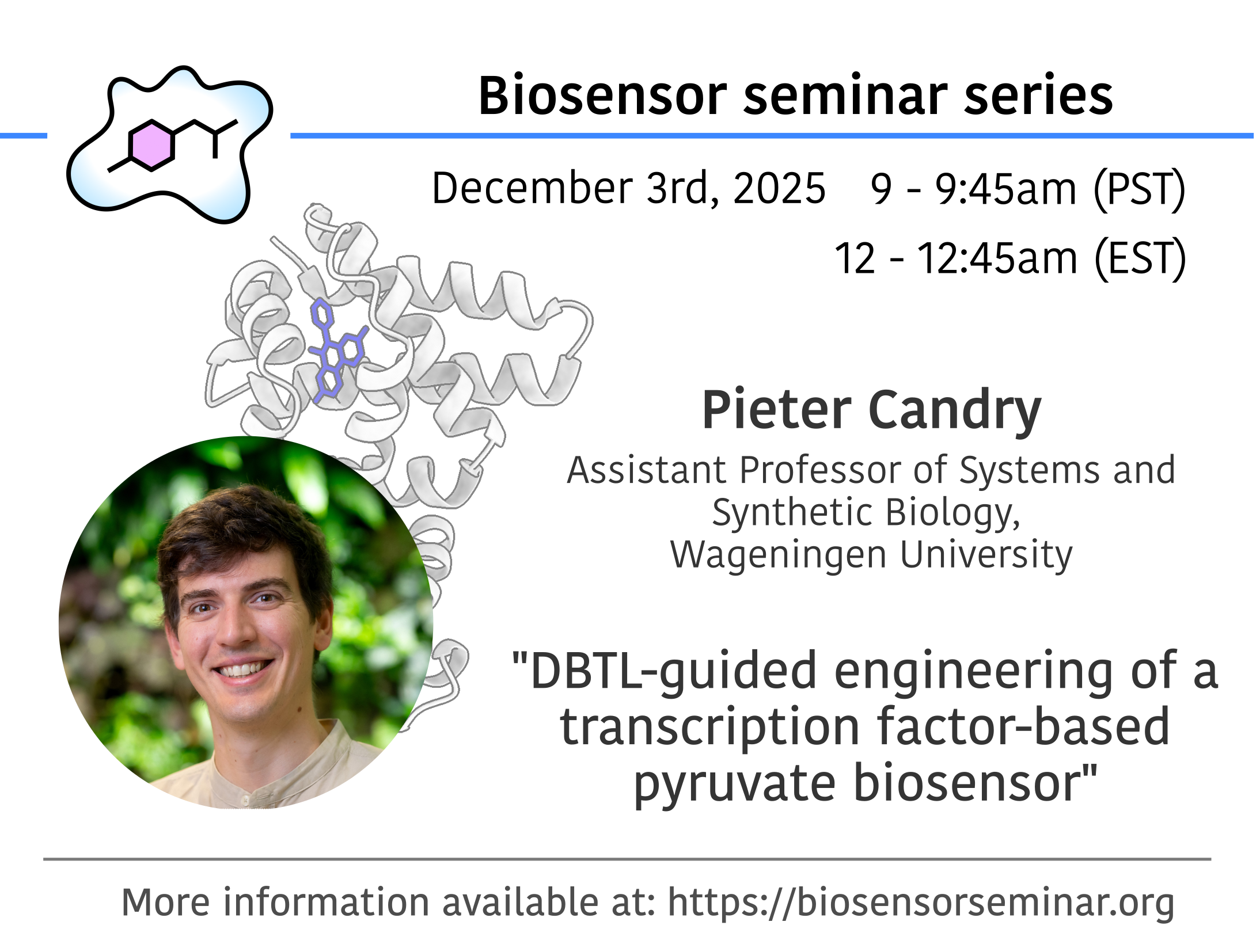
-
November

-
October

Organizing committee
-
Simon d'Oelsnitz
Postdoctoral fellow, Harvard
Simon’s research focuses on evolving custom transcription factors to accelerate the development of biocatalysts.
-

Khalid K. Alam
CEO, Stemloop
Khalid’s scientific and entrepreneurial focus is on making it easy to measure small molecules using genetically-encoded sensors and cell-free systems
-
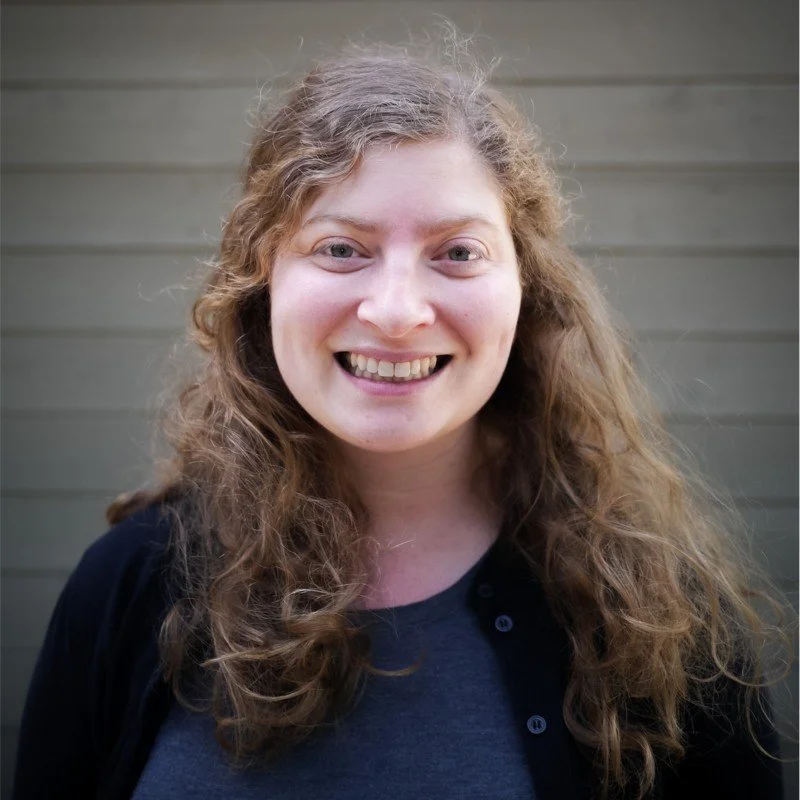
Megan Garber
Postdoctoral researcher, UCSF
Bringing her expertise in the mechanisms of evolution and transcription regulation, Megan will highlight fundamental concepts in biochemistry and evolution
-
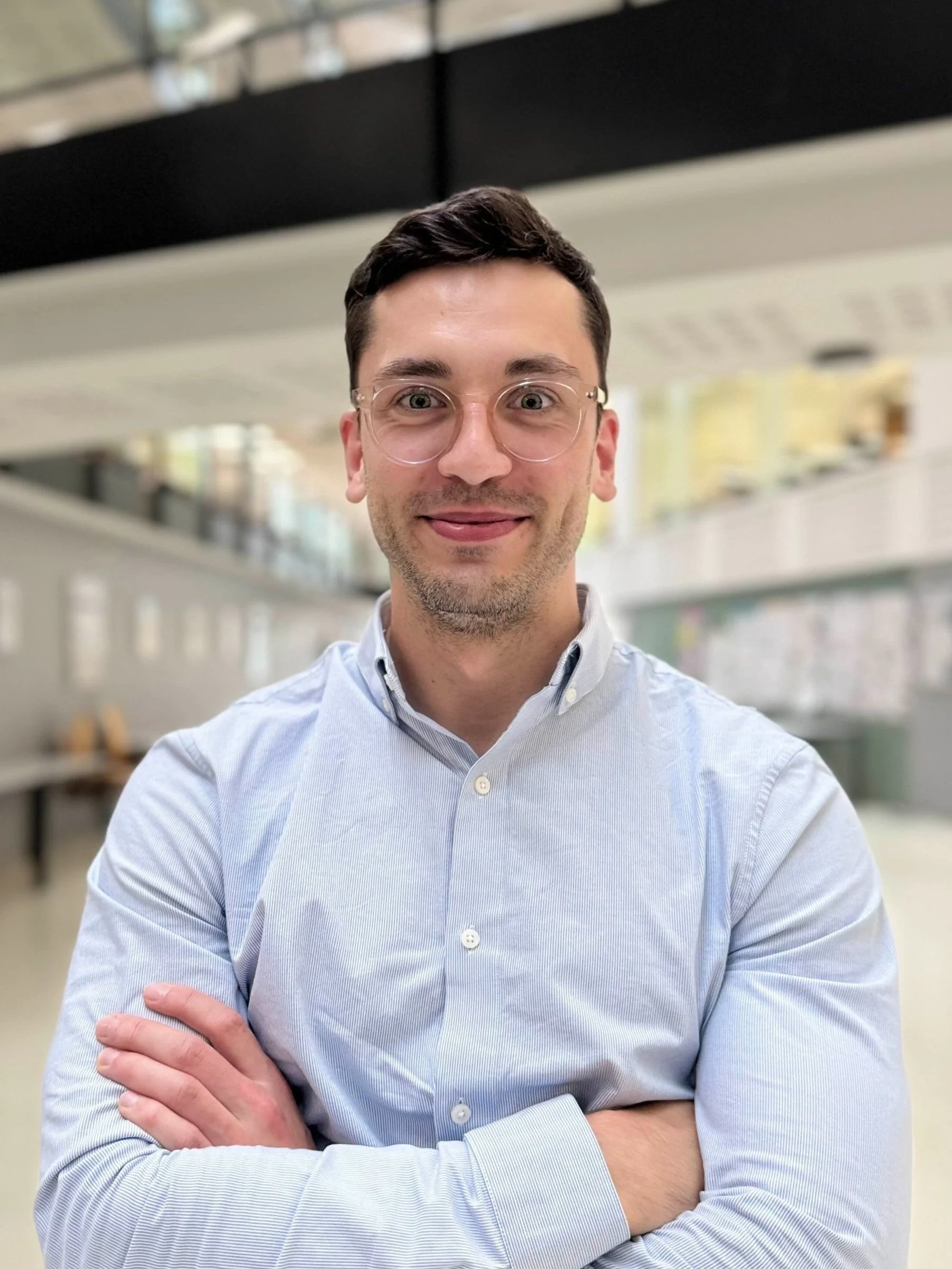
Erik Hanko
Postdoctoral fellow, U of Manchester
Erik’s key interest lies in the mining and engineering of small-molecule biosensors for facilitating high-throughput screening of microbial cell factories
